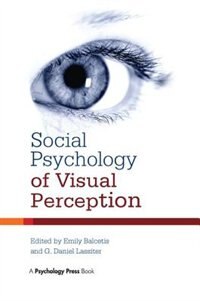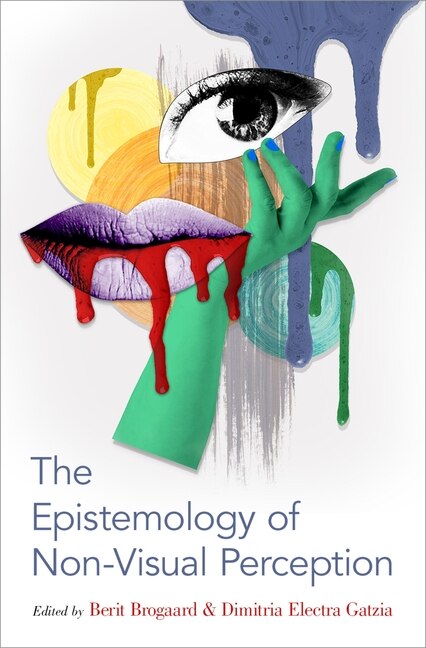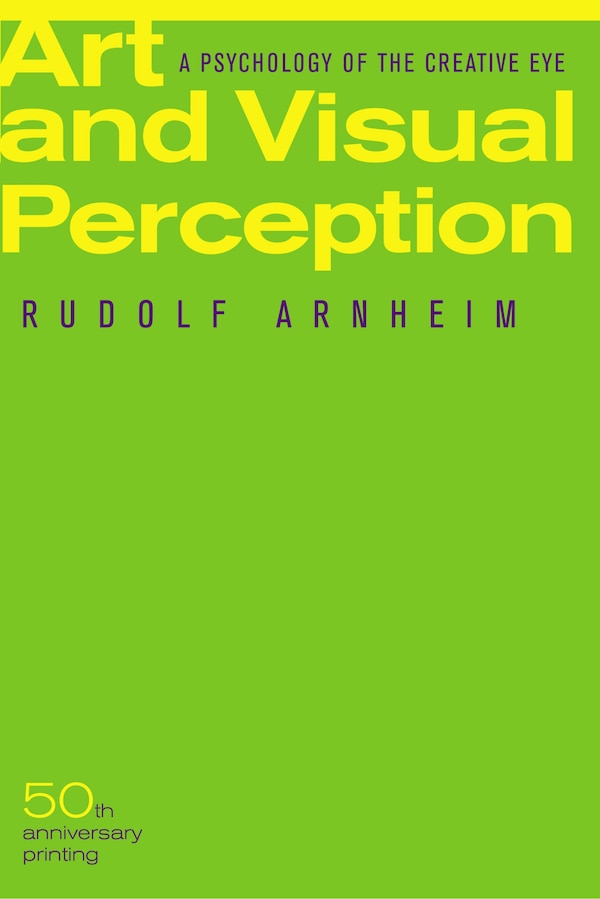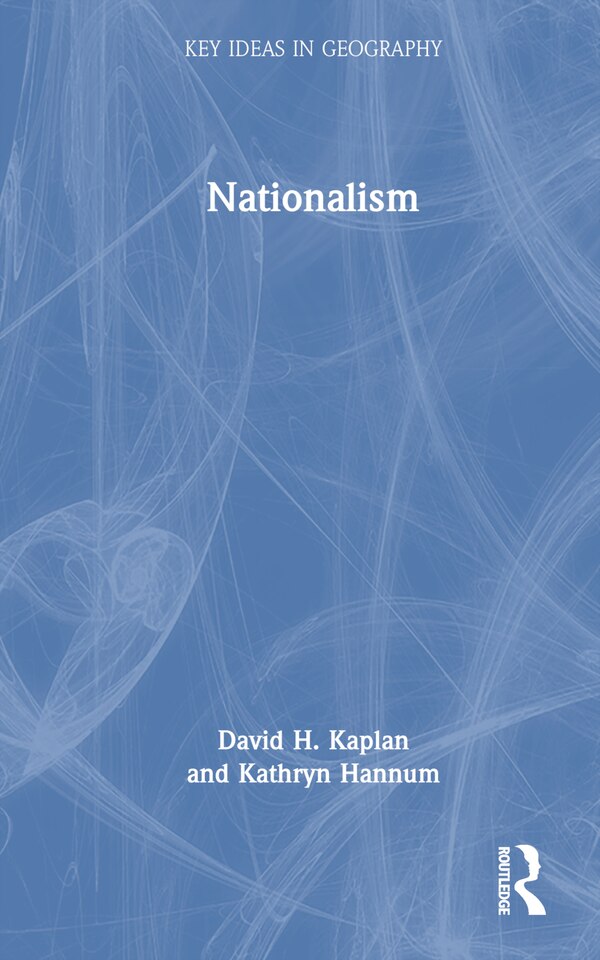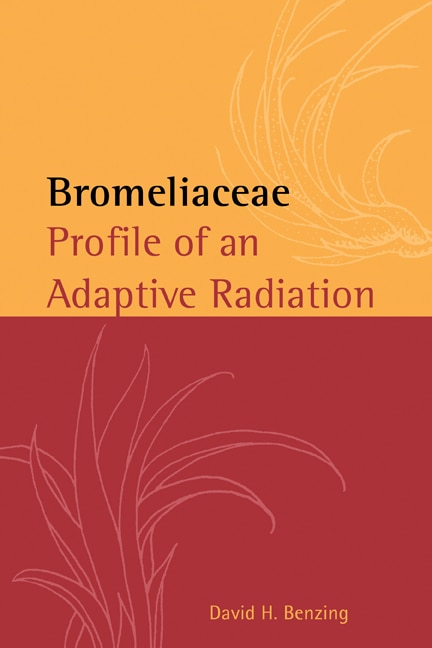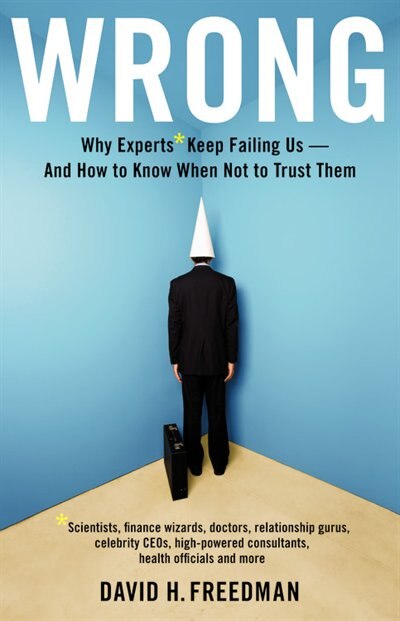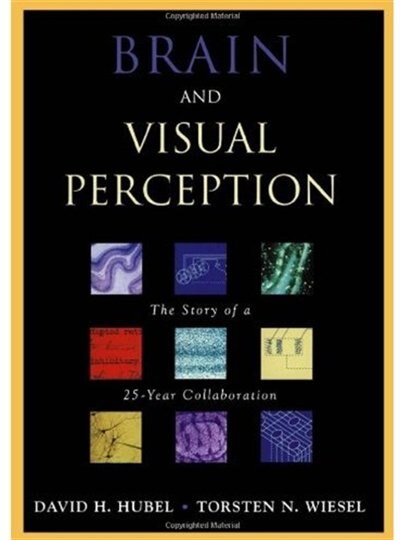
Compare Brain and Visual Perception by David H. Hubel, Hardcover | Indigo Chapters
David H. Hubel
$100.95
Scientists' understanding of two central problems in neuroscience, psychology, and philosophy has been greatly influenced by the work of David Hubel and Torsten Wiesel: (1) What is it to see? This relates to the machinery that underlies visual perception. (2) How do we acquire the brain'smechanisms for vision? This is the nature-nurture question as to whether the nerve connections responsible for vision are innate or whether they develop through experience in the early life of an animal or human. This is a book about the collaboration between Hubel and Wiesel, which began in 1958, lasted until about 1982, and led to a Nobel Prize in 1981. It opens with short autobiographies of both men, describes the state of the field when they started, and tells about the beginnings of their collaboration. It emphasizes the importance of various mentors in their lives, especially StephenW. Kuffler, who opened up the field by studying the cat retina in 1950, and founded the department of neurobiology at Harvard Medical School, where most of their work was done. The main part of the book consists of Hubel and Wiesel's most important publications. Each reprinted paper is preceded bya foreword that tells how they went about the research, what the difficulties and the pleasures were, and whether they felt a paper was important and why. Each is also followed by an afterword describing how the paper was received and what developments have occurred since its publication. Thereader learns things that are often absent from typical scientific publications, including whether the work was difficult, fun, personally rewarding, exhilarating, or just plain tedious. The book ends with a summing-up of the authors' view of the present state of the field. This is much more thana collection of reprinted papers. Above all it tells the story of an unusual scientific collaboration that was hugely enjoyable and served to transform an entire branch of neurobiology. It will appeal to neuroscientists, vision scientists, biologists, psychologists, physicists, historians ofscience, and to their students and trainees, at all levels from high school on, as well as anyone else who is interested in the scientific process. | Brain and Visual Perception by David H. Hubel, Hardcover | Indigo Chapters

